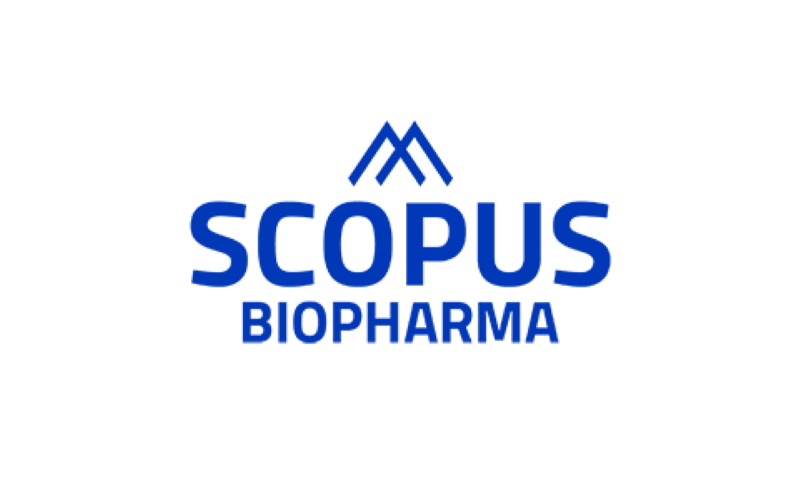Scopus Bio preps trials of gene-silencing immuno-oncology drug

Scopus BioPharma has licensed a gene-silencing drug from California’s City of Hope hospital that is due to start clinical testing in lymphoma patients later this year.
The gene therapy – known as CpG-STAT3siRNA – is an inhibitor of STAT3, a gene thought to promote tumour cell growth and dampen down the immune response in cancers such as non-Hodgkin’s lymphoma.
The drug switches off gene expression via a mechanism known as RNA interference, which has been a target for biopharma R&D for decades but only generated its first approved drug – Alnylam’s rare disease therapy Onpattro – in 2018.
Alnylam has since secured a second RNAi drug approval (Givlaari) and could see a third later this year, but so far no RNAi drug targeting cancer has made it through to market.
According to City of Hope, CpG-STAT3siRNA shuts down STAT3 – a transcription factor in the JAK pathway – whilst also stimulating TLR9 receptors on white blood cells, priming them to recognise and kill malignant cells.
In pre-clinical testing, the drug has shown effects in both blood cancers like lymphoma and leukaemia and solid tumours such as melanoma and colon and bladder cancers. The drug has emerged from the labs of City of Hope professors Hua Yu and Marcin Kortylewski, who are both leading experts on STAT3.
“STAT3 is critical for the survival and metastasis of cancer cells, and for suppressing anti-tumour immune responses,” said Yu.
“If City of Hope and Scopus can develop the first therapy against STAT3, many cancer patients will benefit from this lifesaving drug.”
The deal is something of a diversification for California-based biotech Scopus, which has to date focused on cannabinoid-based drugs for indications like systemic sclerosis and pain via research collaborations with Hebrew University and the US National Institutes of Health.
Other companies that have looked at STAT3 as a target for cancer treatment include Ionis/AstraZeneca – whose antisense candidate danvatirsen is in a phase 1 combination trial with AZ’s BTK inhibitor Calquence (acalabrutinib) – as well as Kymera, Codiak Pharma and Tvardi Therapeutics.












